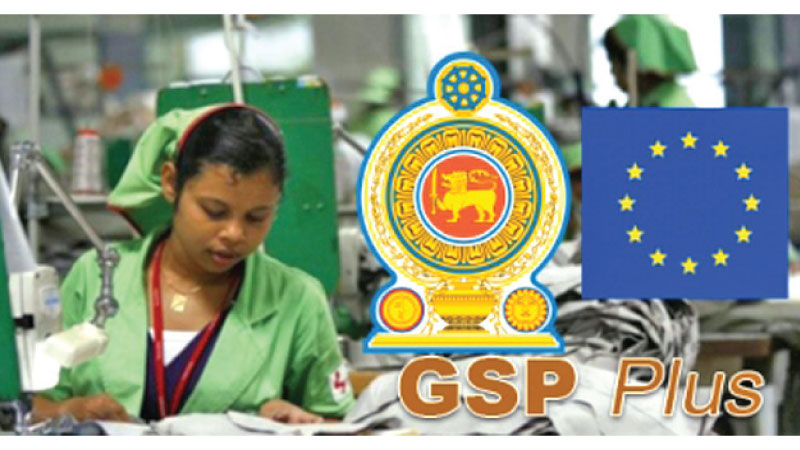The GSP plus program is the largest trade concession program the apparel sector enjoys and ensuring that Sri Lanka qualifies for the new scheme is critical for the sector, a senior official of the apparel sector said in the backdrop of the visit by an EU GSP+ Monitoring Mission to Sri Lanka to take stock of progress on the fulfilment of conditions linked to the granting of GSP+ trade preferences.
The EU GSP+ Monitoring Mission which began on April 28 will continue until May 7 and it is part of the regular biannual monitoring to which the Government of Sri Lanka has committed in order to benefit from GSP+.
Secretary General of the Joint Apparel Association Forum, Yoahn Lawrence said the current phase of the GSP Plus program will come to an end in 2027, and when the new scheme is finalised, any country wanting to apply for the scheme will need to make a new application.
“With exports being a key component of Sri Lanka’s economic recovery, we are confident that the Government would take the steps necessary to ensure that Sri Lanka qualifies for the new scheme,” he said.
The GSP+ program is the largest trade concession program the apparel sector enjoys. Granted in 2017 the programme offers the industry the ability to compete on even terms with our major competitors for the supply of apparel to the EU, Lawrence said adding that EU is Sri Lanka’s second-largest export market accounting for about 30% of our exports.
“We export annually to the EU around $1.5bn of apparel. Of this volume, roughly 50% of the garments qualify for duty-free status in the EU. For the balance, unfortunately, the rules of origin of the scheme disqualify these garments as they are made from “non-originating” fabric,” Lawrence said, noting that beyond apparel, the scheme extends a very wide range of other products that can be exported to the EU free of duty.
Sri Lanka was first granted GSP+ status by the EU in 2005 to support its post-tsunami recovery. However, Sri Lanka lost the status in 2010 due to non-compliance with EU requirements and regained the concessions in May 2017 after demonstrating progress in implementing necessary international conventions.
Sri Lanka is one among eight low- or lower-middle income countries benefitting from the GSP+. This is a special incentive arrangement for Sustainable Development and Good Governance that is open for vulnerable developing countries that have ratified 27 international conventions on human rights, labour rights, environmental protection and climate change, and good governance.
The effective implementation of these 27 conventions is monitored with biannual missions and reports.
The European Union is a single market of 27 Member States with a population of 450 million people.
However, according to a recent study by the Institute of Policy Studies, Sri Lanka could lose up to US$ 1.23 billion if it fails to qualify for the new scheme.







